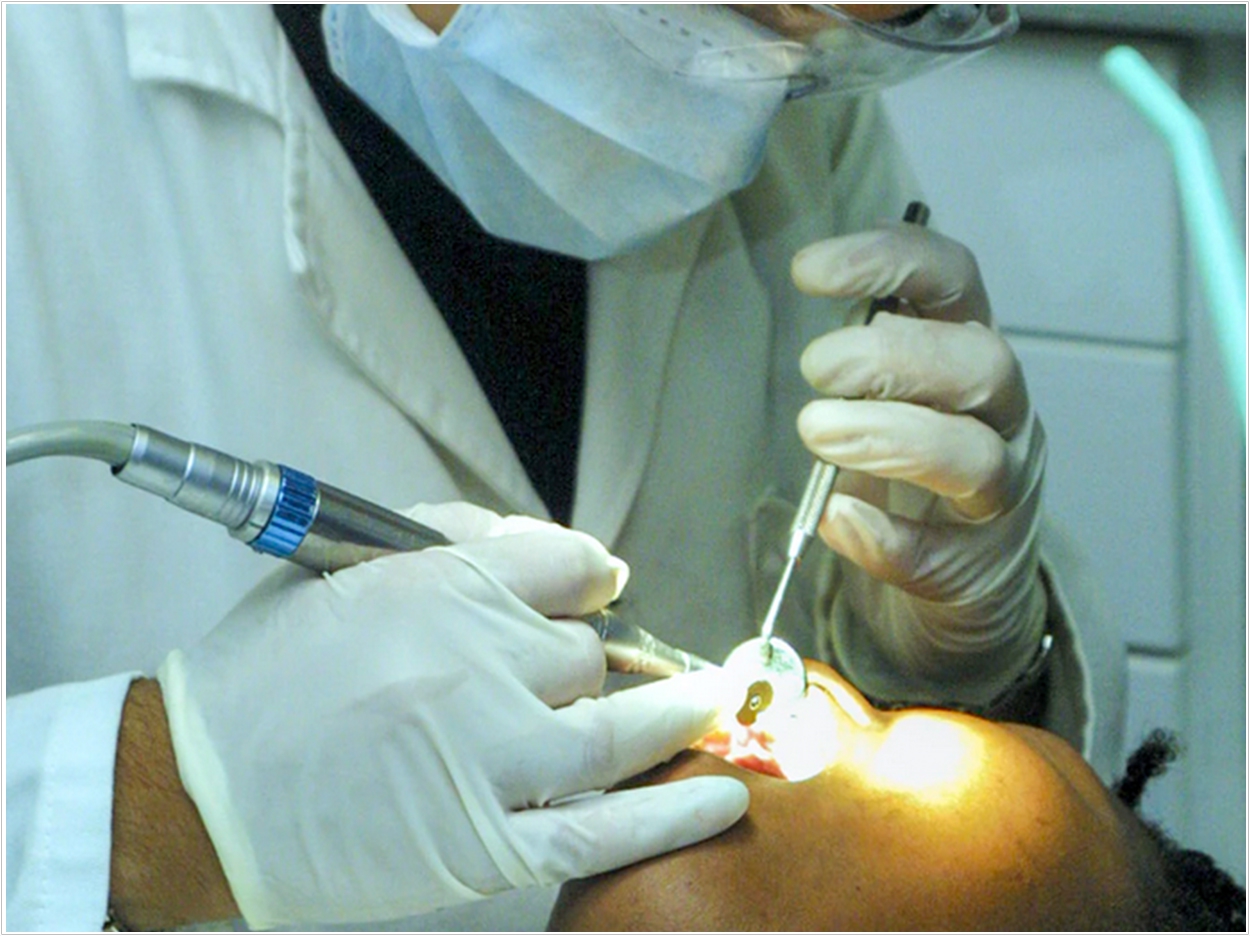
England’s Chief Dental Officer Sara Hurley has released guidelines for how much fallow time dentists should give their operatories after performing aerosol-generating procedures (AGPs).
According to the recommendations, a post-AGP downtime or fallow period is required for droplets to settle and 99% of respirable particles including droplets and aerosols released during the AGP to be removed from the air.
Fallow time is calculated from the point the AGP ceases, not the end of the patient appointment time. Also, FFP2/3 masks and personal protective equipment must be worn by any staff operating in or re-entering the surgery setting during the fallow time. Subsequent patients should not enter the operatory until the fallow time has fully elapsed.
The length of the fallow time is determined by the room’s ventilation parameters. Most dental surgeries are neutral pressure rooms, Hurley said.
Windows in neutral pressure rooms should be opened, or extractor fans that vent to the exterior should be used, as air passing externally will be highly diluted and is not considered a risk. Also, neutral pressure rooms should be left vacant for one hour after cessation of the AGP before cleaning is carried out.
Ventilation systems in operators should be set to provide the maximum amount of fresh air and the maximum number of air changes. In a treatment room with 10 to 12 air changes per hour (ACH), a minimum of 20 minutes after the APG is considered pragmatic. In a single room with 6 ACH, this would be approximately one hour.
“Practices are advised to undertake a systematic review of their dental practice’s current ventilation processes,” Hurley said.
“If you are unsure of the air changes and capacity of ventilation-filtration systems in your dental practice, then you must seek advice from the manufacturers of your ventilation systems and the contracted maintenance team to confirm current ACH capacity,” she said.
Local Environment Health Teams can provide further information and guidance, Hurley said. Also, National Services Scotland has published a report on ventilation, water, and environmental cleaning in dental surgeries related to COVID-19.
Related Articles
Dentists Advised to Mind “Settle Time” After Generating Aerosols
CDC Updates N95 and Eyewear Guidelines for Dental Practices
Dr. Mark Cannon Addresses the WHO Guideline Controversy












